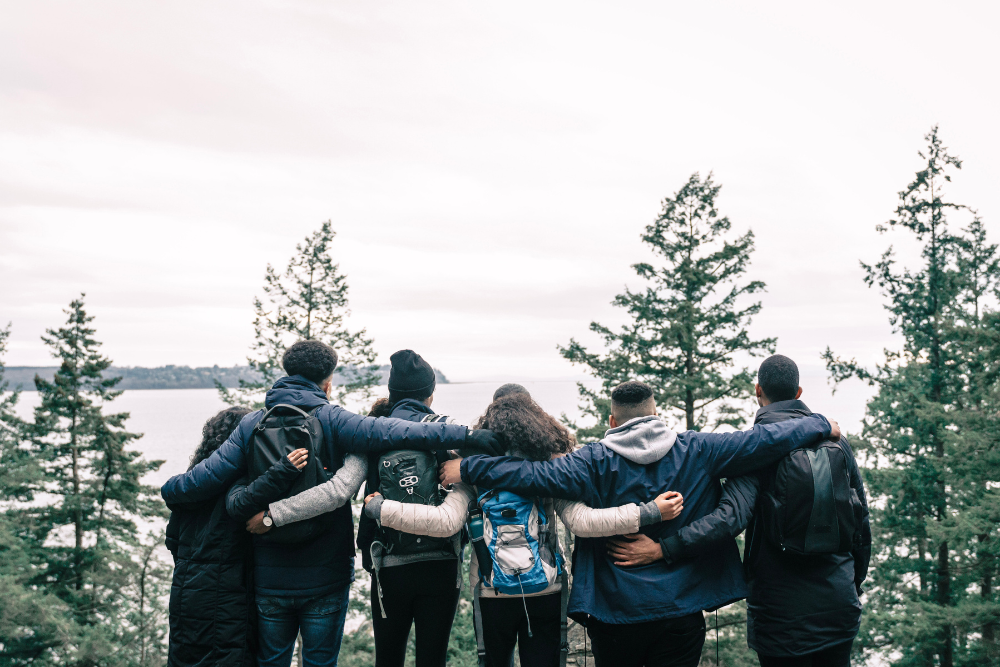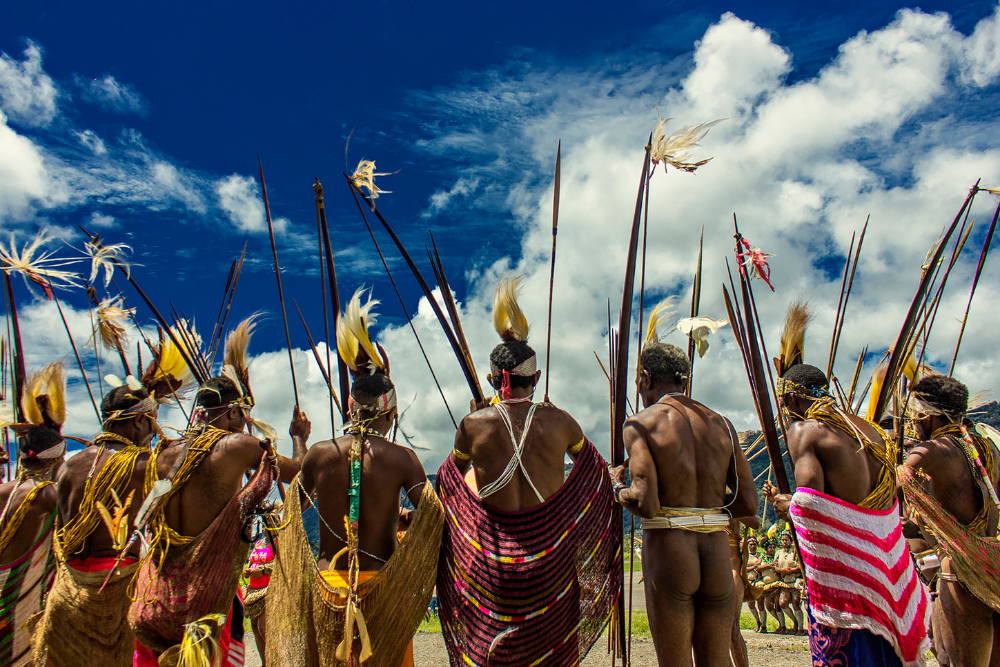The American Southwest is a region bursting with natural beauty and cultural richness, drawing in travelers from all corners of the globe. From Arizona's iconic Grand Canyon to the vibrant nightlife of Nevada and the culturally rich landscapes of New Mexico, this area offers an abundance of experiences. However, with great exploration comes great responsibility. The rising tide of tourism in these states calls for a shift toward sustainable travel practices. So how can you enjoy the wonders of the Southwest while minimizing your environmental impact? This guide outlines sustainable travel tips to help you explore Arizona, Nevada, and New Mexico responsibly.
1. Choose Eco-Friendly Accommodations and Transportation
When planning your trip, the first steps should include choosing eco-friendly accommodations and transportation options that reduce your carbon footprint. Look for hotels or lodges in Arizona, Nevada, and New Mexico with green certifications such as LEED or Green Key.
- Stay Sustainably: Many hotels in Las Vegas and Sedona now offer eco-friendly practices such as solar panels and water-saving fixtures. In New Mexico, you can find charming inns that use locally-sourced materials and renewable energy.
- Eco-Conscious Travel: Consider public transport where available, or rent hybrid or electric vehicles for your road trips. Biking and walking not only save on emissions but also offer a more intimate way to experience the region's breathtaking landscapes.
Making these sustainable choices helps preserve the ecosystem and supports businesses committed to the environment in Arizona, Nevada, and New Mexico. 
2. Practice Leave No Trace Principles and Support Local Communities
One of the most effective ways to keep the Southwest pristine is to follow Leave No Trace principles. Many tourists have discovered the raw, untouched beauty of the Southwest, and it’s important to keep it that way.
- Leave No Trace: Carry out everything you bring in, especially in remote hiking spots like the Grand Canyon and Zion National Park. Refrain from picking up natural artifacts or disturbing wildlife. Always stay on designated paths to protect fragile ecosystems.
- Support Local: Choose to dine in local restaurants rather than international chains, favoring food that is locally sourced and seasonally available. Attend community events or locally-run tours to immerse yourself in the culture while directly supporting the residents of towns such as Albuquerque or Prescott.
Being conscious of how your visit impacts these communities ensures that your travel benefits the people and places you are visiting. 
3. Explore Responsibly and Educate Yourself on Tribal Lands and Cultural Heritage
The Southwest is a tapestry of cultural history and Native American heritage that travelers should approach with respect and understanding. Arizona, Nevada, and New Mexico are home to numerous tribal lands that offer rich cultural experiences through festivals, museums, and historical tours.
- Respect Tribal Lands: Before visiting areas like Monument Valley or the pueblos in New Mexico, research the rules and customs of the local tribes. Engage with these communities through guided tours to learn more about their history and current initiatives.
- Cultural Sensitivity: Understanding the cultural significance of locations you visit will enhance your travel experience and demonstrate respect for indigenous people. Many tribes welcome tourists and offer educational experiences that provide meaningful insights.
By respecting cultural sites and engaging with local narratives, you help preserve the Southwest's unique and diverse heritage for future generations. 
Traveling sustainably in Arizona, Nevada, and New Mexico not only preserves their breathtaking landscapes but also respects the rich cultural tapestries woven throughout the region. By choosing eco-friendly accommodations, practicing Leave No Trace principles, and engaging with local communities, you can leave a positive impact during your visit. As you plan your trip, consider how your choices today will affect the panoramic landscapes and vibrant cultures of tomorrow. Let this journey be part of a more extensive movement toward sustainable, responsible travel.

